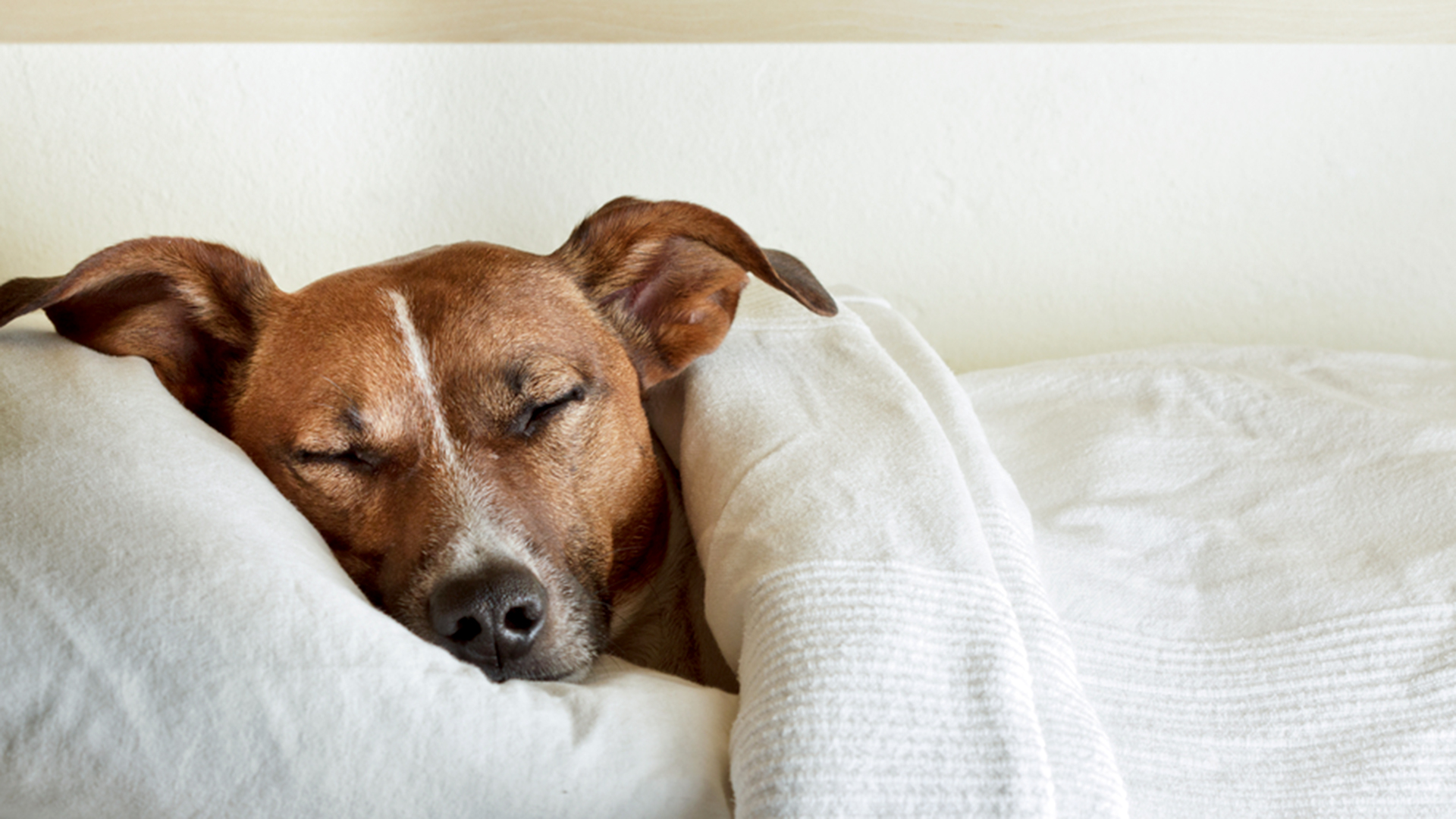Laurie's Blogs.
Aug 2019
Chronic Pain, Osteoarthritis, Neurologic Healing and more…

I’m going to share a secret. And to be honest, more people are doing this than they admit.
I sleep alone! There it’s out in the open. Yes, I still have a husband, and yes, we still share a bed from time to time (wink, wink, nudge, nudge). However, I have a bed and bedroom to myself and so does he! It started back during calving season when he was doing 2am checks on the heifers. He volunteered to sleep in another room (okay, it was on the couch as he claimed that the Double beds in the empty boy’s rooms were not comfortable enough… and since then we’ve bought him a fabulous queen sized bed and mattress. But I digress.). What happened?
From my perspective, I simply had good nights’ sleeps. I’d wake up ready to wake up, not depressed about starting the day. Not sluggish. My acupuncturist (who is dually licensed as a massage therapist as well… she’s amazing! But I digress again.) noted that I was much calmer, much more relaxed, much less stressed. I was still telling her about how busy I was, but it wasn’t a dialogue of desperation anymore. She asked what I had been doing differently. Upon discussion, we both came to realize that it was entirely sleep related!!!
As an aside when I started confessing this to clients of mine. So many of the married women began to confess the same thing. Their husbands had moved to the guest bedroom years ago! Take note ladies!!! (Yes, yes, another digression!)
Okay, so let’s now take this clinical. I came across a blog that reminded me of the importance of sleep, and more to the point, about Physiotherapists promoting healthy sleeping habits.
http://www.apta.org/PTinMotion/News/2017/8/8/PTJOnSleep/
Here’s a poignant excerpt: “…sleep "has an important role in the proper functioning of most, if not all, body systems," …sleep's role in immune function and tissue healing, pain modulation and perception, cardiovascular health, depression and anxiety, motor skill learning, and cognitive function. Among the physical therapy patient population, sleep disturbance can be an especially prevalent issue for individuals with Parkinson disease, Alzheimer's diseases, multiple sclerosis, spinal cord injury, neck and back pain, and postoperative status, among a host of neurological and orthopedic conditions…”
So, have a read of the article from the human perspective… that might be beneficial for YOU! Let’s jump to the canine rehab side of the equation. What can we do to enhance sleep for our canine patients? I’ll start with a scenario that others might recognize.
Canine patient has chronic pain, osteoarthritis, a new neurologic issue, or maybe is showing signs of cognitive dysfunction, and so on. As a rehab person, I hear what meds have been prescribed, how the owner is administering them, and the effect. Many, many, many folks complain that the pain meds make their dogs dopey, drowsy, uncoordinated, etc. Often times, they would rather take their dog off the meds than wait out the introductory period, or would simply would rather their dog have some discomfort than be ‘stoned’ all the time. (Their words, not mine!)
My suggestion to these clients is to ‘hack’ their dog’s system. And I could have summed up this article with one sentence. Here it is:
CHANGE THE TIME OF DAY THAT YOU GIVE THE DOG THE MEDS.
So simple. I’ve noticed that most times my clients are told to give the Gabapentin or Tramadol (for example) in the morning. I had one client videotape her dog at 3am going out to potty… no lameness. However, the dog in front of me was lame. She told me that was typical. I said, change the time of day you give the med. (Of course, with all of the caveats about calling her vet clinic to ask how to do this most safely.) But fast forward to her next visit… “Waay Better!”.
In the case described, the ‘adequate’ ‘feel good dose’ without the ‘drowsiness’ was more than 12 hours later. OR… being drowsy when the dog was supposed to be sleeping also helped with sleep and had a therapeutic effect.
So, changing time of day for meds might be useful to help with sleep. However, some of the human sleeping ‘hacks’ could also work. Here’s some bonus info: Melatonin has a safe dosage for dogs (again their vet should be on board with this.) The same goes for CBD oil. WHEN you exercise, or feed your dog in the evening might have an effect (don’t let these be too close to bedtime). Artificial ‘blue’ light exposure (i.e. watching TV with you) might have a negative effect on sleep for both you and your doggie before bed. Also, blue light exposure at night (night-lights, lights from your stove, microwave, stereo, etc., or the street lights) could impact the ability to get a deep restful sleep. Having enough space to get comfortable might have an effect. Maintaining a set sleep time / wake time schedule could help. YOUR snoring might keep your dog awake!
All in all, I suggest we start asking questions about sleep, about medication timing, and about other factors in a household of a dog with a chronic issue. It might be the missing ingredient to better health!


